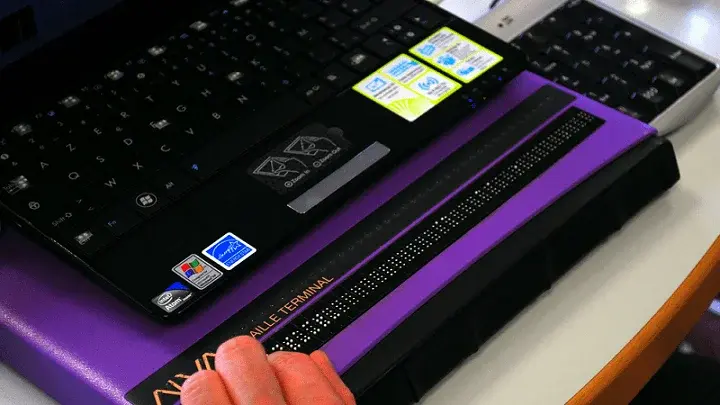Lots of articles, accessibility experts, and corporate lawyers have recently discussed the possibility of the Supreme Court hearing the Robles v Domino’s case in which the Ninth Circuit Court of Appeals reaffirmed the application of the Americans with Disabilities Act to websites.
We've covered it on the UsableNet blog here and here and shared some reports on our Linkedin and Twitter Accounts (Follow us @Usablenet if you don't already).
Why all the interest? Well, the Supreme court hearing the case would be a watershed moment for Web accessibility. But we think the smart money is on the probability that they will pass. Here's why and what that could mean.
The top 3 reasons the court may "pass":
- Lots of cases ask but few are heard.
The Supreme Court is asked over 7,000 times a year to hear cases but only take around 100-150. The process for select is covered well here. - The Plaintiff’s lawyers response to the petition has strong points that encourage the Supreme Court to give the lower courts more time to develop case law. This was covered well by Alison Frankal in her article, "Domino’s plaintiff to SCOTUS: Give ADA web accessibility case law time to develop for Reuters.
- The Domino’s case is not the ideal Web accessibility case for a Supreme Court ruling on whether the “ADA applies to websites.” Domino’s original case was centered around undue process, stating that the ADA does not outline what a company should do, rather than arguing if the ADA applied. This would mean that a hearing at the SCOTUS would do little to clear up the fundamental question.
What happens if they don’t hear the case?
- Nothing will change, still division across the law circuits on ADA and websites. This means more lawsuits on pace with or surpassing the number of ADA Web lawsuits in 2018.
- New plaintiffs and plaintiff lawyers will enter market attracted by the attention of the Petition.
- More companies will improve their websites and apps to be accessible. If you're ready to start this process but not sure where to start, UsableNet Accessibility Experts can provide you with a free consultation.
Summary
Many would like the Supreme Court to hear a case around whether the ADA applies online and to mobile apps. But Domino’s case is not asking that fundamental question. We predict that the Supreme court decides not to hear this case but instead advises that the DOJ provide more guidance and finish the work that it had already started.







